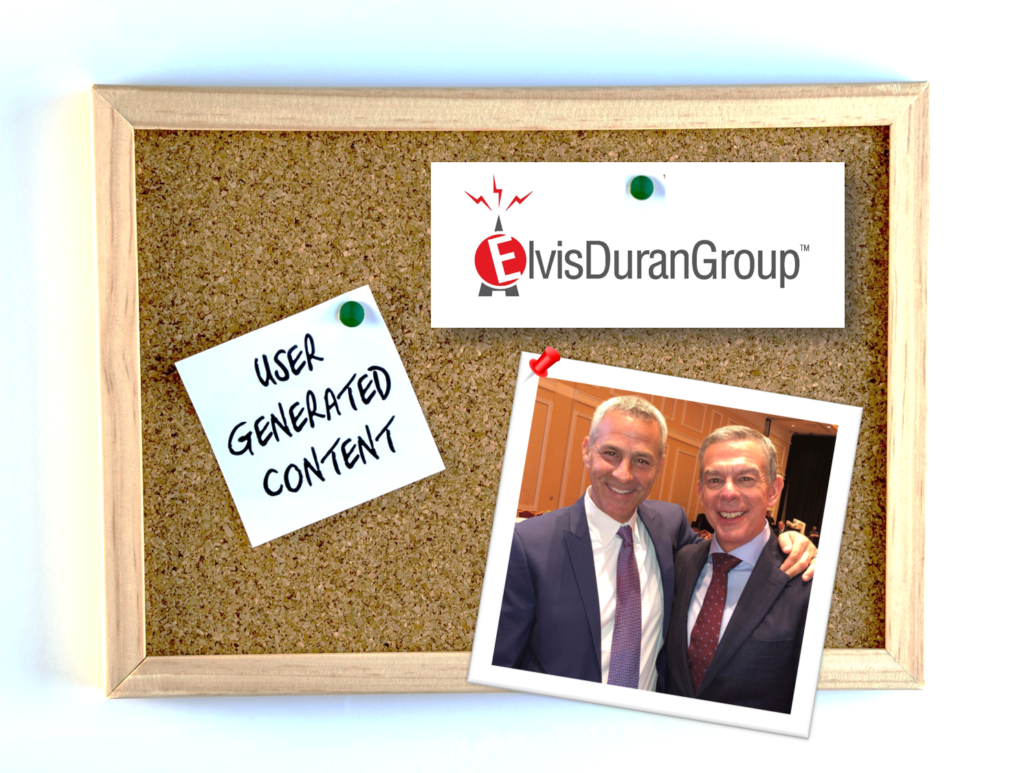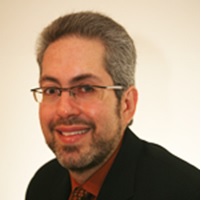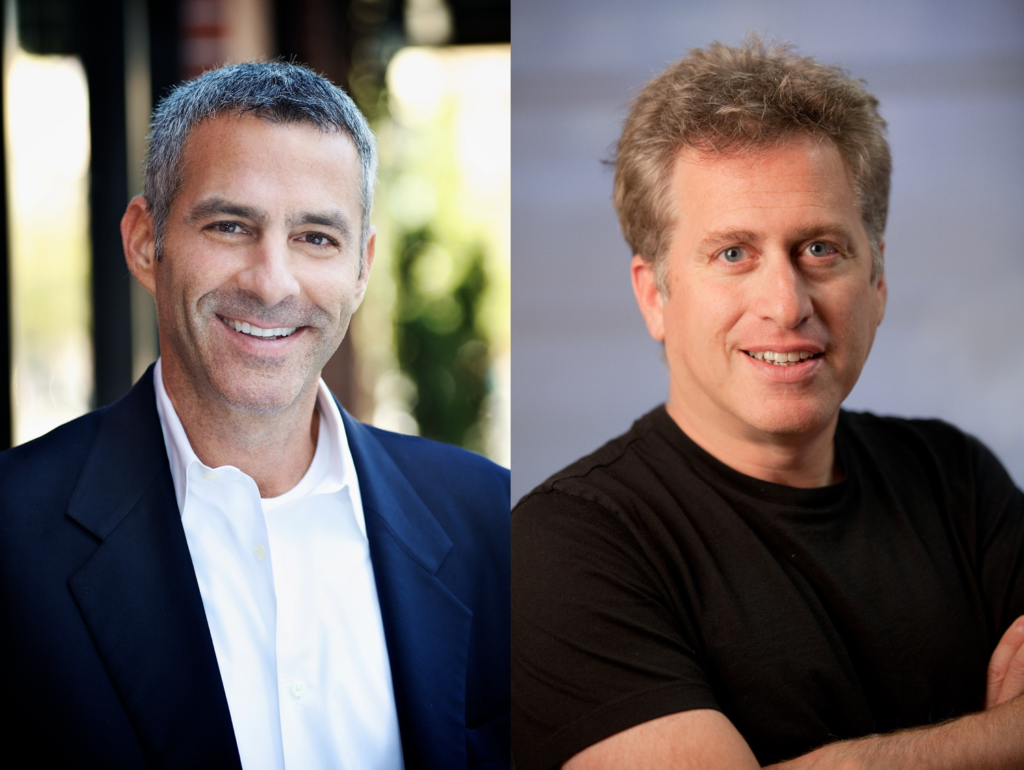
Five years ago, we started our “Radio’s Most Innovative” initiative – shining the light on radio people doing new, different, and well, innovative things. Each Friday, we highlighted spectacularly great ideas from yesterday to today. From that first station that went “All Christmas Music” to the Radioplayer UK app, we shined the light on many exciting innovations involving radio and radio people.
Our Mike Stern has not given up on seeking out the next great innovation. And in today’s “Radio’s Most Innovative” post, Mike has uncovered a fascinating initiative, spawned in the nation’s biggest market by its most popular morning show. – FJ
Since the earliest days of radio as an entertainment medium, stations have used the audience to generate content. From airing listener calls to promotions that reward the person who finds the most creative way to expose the station logo; listeners have played a role in creative programming.

Then social media took everything to a new level, massively increasing the potential for interaction between hosts and listeners, creating new ways for smart stations to include listeners in creating and forming entertaining content.
Now, nationally syndicated morning host Elvis Duran and his team at the Elvis Duran Group have taken the idea of user-generated content to a new level with their recent announcement of the “Elvis Casting Project.” Working with a production company, Duran is using the massive reach of his radio show to find unique, interesting listeners with stories that translate not only to radio but to other media, such as television and podcasts.
To learn more we spoke with David Katz, CEO of the Elvis Duran Group, about the new initiative to find out how it works and how it’s going so far.
Jacobs Media: First, what is the Elvis Duran Group and what – aside from this initiative – does it do?
David Katz: The Elvis Duran Group (EDG) was formed by Elvis and me in 2008. Our mission was to support all things related to the Elvis Duran and the Morning Show locally on Z100 and in our national syndication efforts. That included paying for promotions, market visits, research and even salaries for show members that Clear Channel (now iHeartRadio) didn’t want on their payroll anymore.
As time went by, we expanded our ‘mission’ to pursue projects within television and radio that excited us while always being mindful of Elvis’ brand, of course. EDG produced the character actor Hall of Fame show and The Carney Awards with the family of the late actor, Art Carney. We also recently began programming the Fantasy Sports Radio Network, a live streaming app focused on fantasy sports and gambling. EDG also represents a handful of broadcasters.
JM: How did this particular idea come about?

DK: The idea of the Elvis Casting Project came about in discussion with Atlas Media Corp, a NY-based production company headed by Bruce Klein. Bruce and I have known each other for 30 years when we both worked at the same Long Island-based television station, WLIG-TV 55.
Bruce has been a long-time friend of the show and a listener. His was the first TV production company we partnered with when we tried to launch an inside the Elvis morning show reality project. He has always loved the massive reach that Elvis’ show has with its millions of listeners.
In the current climate of TV and digital platforms, looking for talent anywhere and everywhere including ‘digital influencers’, Bruce believes there’s no better influencer than Elvis. That’s how the idea of using his show as a means of casting TV projects was formed.
JM: How does the system work?
DK: Every month or so, Atlas lets Elvis and the Morning Show know what type of casting calls they’re pursuing. Then Elvis will discuss that live on his show and direct the audience to elvistvcasting.com where they can ‘nominate’ or propose people they know of, or heard of that fit the topic. Then the producers at Atlas review the submissions and eventually bring in some for meetings or casting sessions. Atlas then will pitch various platforms for a specific show idea. That’s essentially how it works. (Editor’s note: Audio sample below)
JM: How about some examples?
DK: One of the most successful was a call for Strong Outrageous Women which got 50 responses within the first 10 minutes, and a total of 250 by the end of that week, all from 24 different states. Some examples include:
• 19 Women who all live together and are all flight attendants
• Bad Girlz Bail Bonds
• An erectile device company run by all women
• A trucking and towing business run by women
• Food truck entrepreneurs
• A match making company
Another that got a big response was our call for Families that Work Together. (Editors note: how did Jacobs Media not get in on this?). Some of those submissions included:
• A New Jersey family that owns two incredibly successful restaurants and is about to open a third. All members of the family work in the restaurants.
• A young wealthy family of seven in Connecticut where each member of the family including the kids ages 11, 12, 17, and 24 are entrepreneurs with their own businesses. They are all home-schooled and are on a cross-country mission to find their new forever home.
• A Pennsylvania family who quit their corporate jobs and now travel the U.S. in an RV with their two kids, ages 7 and 1. They stop in a different city each week.
• A big family in South Carolina with eight kids ranging from 32-50 who all have secrets they’re keeping from each other.
And our most recent casting is for ‘Female Superheroes’: Paramedics, Firefighters, Detectives, Medical professionals…women who save lives.
JM: What were the biggest challenges in taking this from a concept to reality?
DK: The only real challenge was making sure the casting calls worked within Elvis’ audience, which is heavily female. So most of the castings have targeted women. Aside from that, not many obstacles.
We did a preliminary call looking for all things paranormal-related and went through the entire process, including interviews and having some of the people who were submitted put on tape by the production company. But we knew this could work when we saw just how many submissions we got. That pretty much told us that Elvis’ audience was enjoying the idea.
JM: How frequently are new casting “needs” posted on the website?
DK: A new casting call will be made every 4-6 weeks. There is a while in-between calls because the production company needs time to cull the submissions and go through their process.

JM: How are these casting opportunities being promoted?
DK: Currently, the casting opportunities are simply done through the radio show and the connected elvistvcasting.com website. I’m sure it’s also being promoted on Elvisduran.com
JM: Are there certain types of topics or stories that elicit more responses?
DK: Again, because Elvis has such a strong female listenership, it makes perfect sense that submissions are highest when looking for women in any number of categories or situations. And that is part of the mission, making sure what we’re doing jives with his audience.
JM: Are you also looking for unique stories, beyond the posted casting needs?
DK: The great thing about casting for someone or some idea is that invariably, we will receive submissions and suggestions for people or topics that have absolutely nothing to do with what we’re looking for. That can potentially lead us to people, places, or stories that we weren’t looking for or thinking of at that time. Ultimately, we’ll always be looking for and be open to unique stories and ideas.
JM: Have any submissions led to a development deal for a new show of any sort (podcast, TV series, etc.)?
DK: As of this interview, one development deal has been made with a talent and the production company. They will in turn, produce a sizzle reel and try and sell a show. If and when that happens, I’ll be happy to let you know specifics.
JM: How has the response been so far from the audience?
DK: The audience, so far, has been very responsive. I also think, the day we announce that a show has been sold with a talent either from Elvis’ audience, or recommended by his audience, this paradigm of searching for talent through radio shows will become commonplace. I also think Elvis’ audience will become even more engaged knowing there was a success.
JM: Has this initiative also led to content for the radio show?
DK: This project itself serves as content for the show. When Elvis brings it up for the first time, the show itself starts talking about the casting needs, thoughts and ideas, which leads to discussions about TV or pop culture – things that are integral to his daily program.
JM: What has this initiative taught you about how to utilize user-generated content?
DK: Having been a talent agent most of my career, I’ve always been a believer in “you never know where the next big thing (or person ) comes from.” We are in a day and age (for better or worse) where so many are seeking their 15 minutes of fame, that mining listener/user content is simply limitless and invaluable.
- Does Your Radio Station Need A Princess? - December 17, 2024
- With A Name Like Smucker’s… - December 10, 2024
- Kondo And Romo:The Pros And Cons Of Regression - February 10, 2023





Like it, perfect for Elvis & a few others to steal if they wish.
That’s what I was thinking.